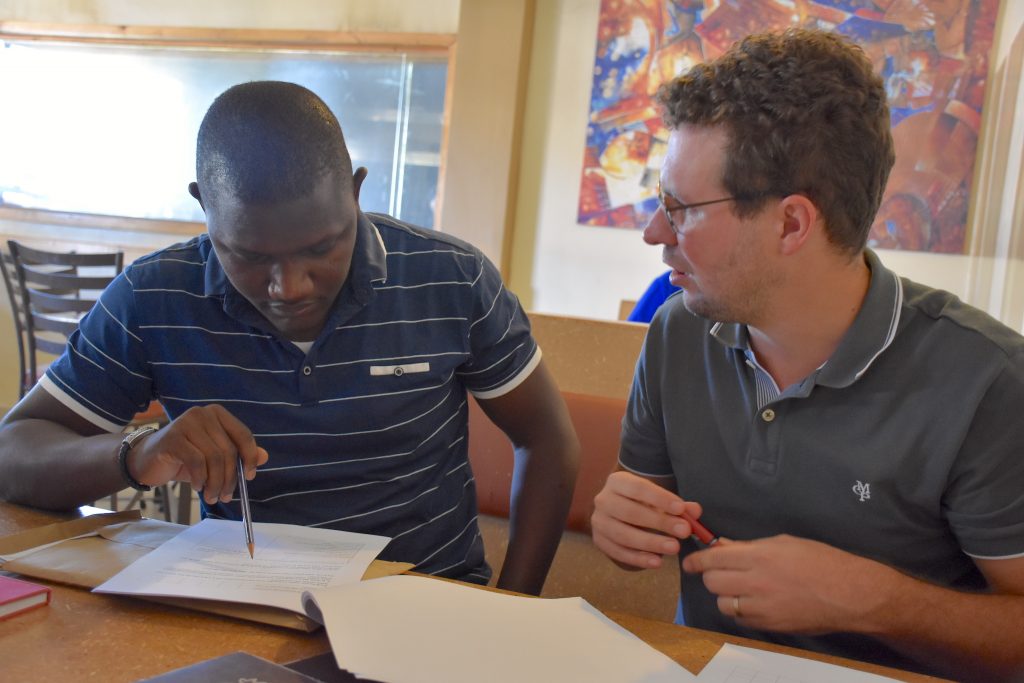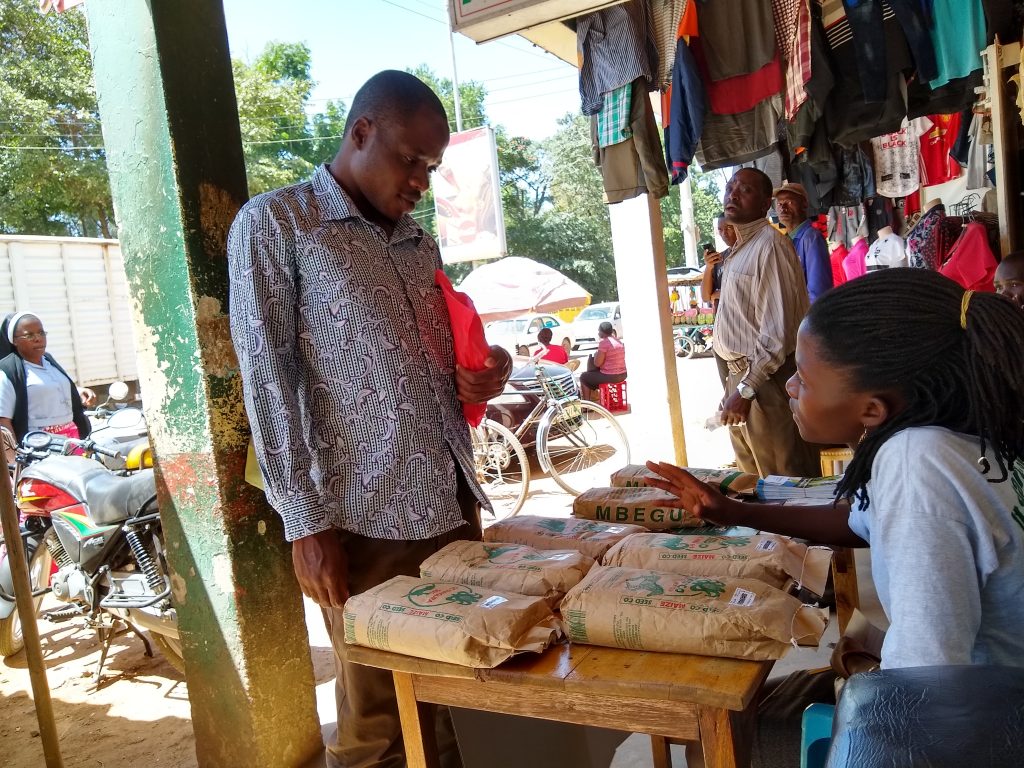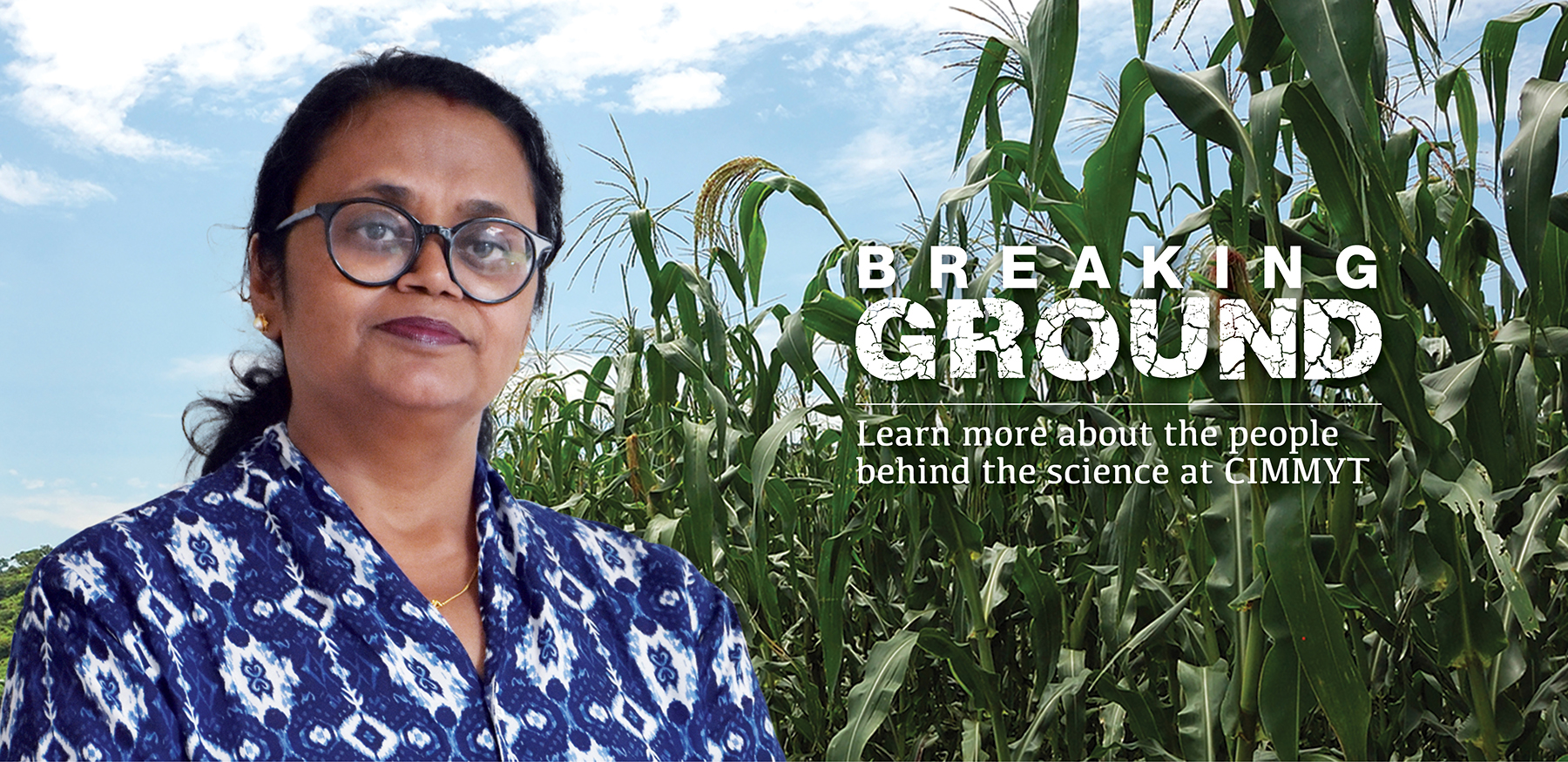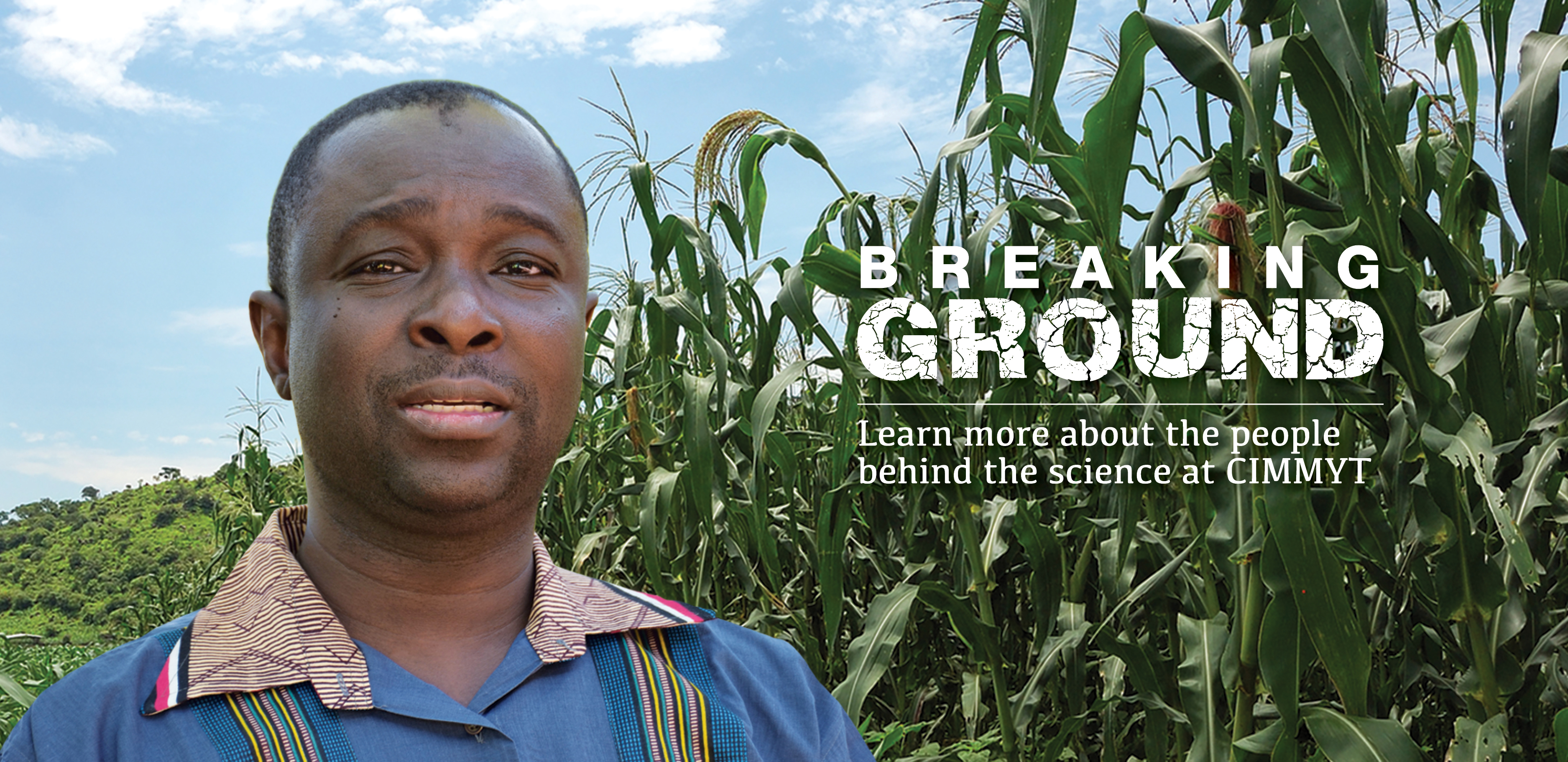Ever wondered why farmers prefer a certain maize variety over another? What crop traits different farmers value? How they make their seed selections at the market? Pieter Rutsaert, an expert in markets and value chains with the International Maize and Wheat Improvement Center (CIMMYT), analyzes the important factors that African farmers consider when purchasing maize varieties at agro-dealers and the implications for how the seed industry can better meet farmers’ needs.
Maize is the most important cereal crop in Africa, grown on over 29 million hectares of rainfed farmland and consumed daily by around 50% of the population. However, increasingly erratic weather patterns threaten the performance the maize varieties grown, putting household food security at risk.
“African smallholders typically plant maize seeds they are familiar with, but these varieties often lack the attributes to tolerate harsher weather including droughts, extreme heat or disease stress,” Rutsaert explains.
“Despite the existence of maize varieties bred to stand up to harsher weather, their intrinsic attributes alone are not enough to convince farmers to leave their preferred varieties. These stress-tolerant varieties need to be properly marketed to be competitive and increase their market share.”
With previous experience as a marketing consultant in the food industry, Rutsaert brings unique skills and approaches to CIMMYT’s Stress Tolerant Maize for Africa (STMA) project, to help businesses develop new seed distribution and marketing strategies to get climate-resilient varieties into farmers’ fields.

Market intelligence on climate-smart seed
Rutsaert sees local agro-dealers as a strategic entry point for researchers to gather information on the varying farmer interests and conditions as information about seed demand is revealed at the point of purchase.
Despite large investments to support seed systems in sub-Saharan Africa, including investments to upgrade agro-dealer capacity, there is limited evidence into how women and men take decisions on maize seed purchases to support development initiatives.
“The agro-dealer space is where farmers decide what inputs to buy. In addition to providing farmers access to inputs at competitive prices, front-line agro-dealers offer technical assistance, such as advice on input use and production practices, and short-term credit for input purchases.”
Thus, agro-dealers offer the chance to learn about farmers’ unique conditions and ensure they adopt the right variety. Gathering these insights has the potential to support locally owned small and medium enterprises that produce stress-tolerant varieties, suited for local conditions, says the marketing expert.

Marketing strategies for agro-dealers
Compared to multinational seed companies, local seed businesses are expected to show greater willingness to seek out traditionally underserved segments of the seed market, such as poorer farmers or those located in less-favored production regions. However, local seed producers and retailers generally lack marketing capabilities and have a limited understanding of the costs and benefits of different approaches to market their seed, Rutsaert says.
“Without effective marketing strategies responding to the needs of different clients, farmers will stick to the seeds that they know, even when this might not be the best for their situation,” he continues.
Based on the market information gathered, Rutsaert works with agro-dealers to develop retail strategies, such as targeted marketing materials, provision of in-store seed decision support, and price incentives, to help women and men farmers get the inputs that work best.
Rutsaert says he is committed to use his private sector experience to improve CIMMYT’s understanding of the seed sector and build the capacity of local agro-dealers to distribute climate-resilient maize varieties throughout the African region.
The Stress Tolerant Maize for Africa (STMA) project seeks to develop maize cultivars with tolerance and resistance to multiple stresses for farmers, and support local seed companies to produce seed of these cultivars on a large scale. STMA aims to develop a new generation of over 70 improved stress tolerant maize varieties, and facilitate the production and use of over 54,000 metric tons of certified seed. The STMA project is funded by the Bill & Melinda Gates Foundation and USAID.

 Nutrition, health and food security
Nutrition, health and food security 


